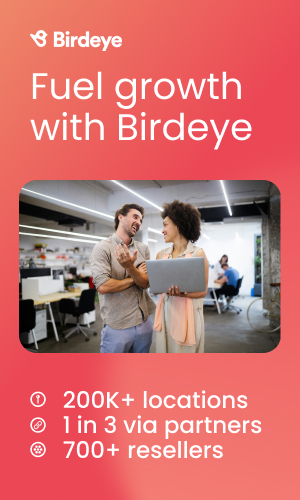So as a follower of semantic search (neural matching) it would seem to make sense right? Normally I would agree. BUT, this is not UGC content, it is from the business owner, and therefore biased and not reinforced by external sources possibly. I can say, in our testing of 100's of profiles, I have not seen the description impact ranking... at all. The description is great for the user though that reads them.
Ben,
I completely agree with the idea that Google focuses on understanding user-generated content (UGC) to better understand your business.
(For anyone following this thread who is not familiar with how Google reads reviews to learn about a business, see Mike Blumental's
presentation from MozCon Local 2017 and, for a slightly updated perspective, his
post on the GatherUp blog.)
I subscribe to the idea that if something is easy for a business owner to game, it's probably less of a ranking factor. (Of course, there are exceptions. E.g. spammy business names in GMB)
BUT, a business's website is not not UGC and we know Google reads that! (BTW, it's easy to repeat Mike's tests using website content instead of review content.)
Any chance you've done testing since the neural matching introduction? Maybe something has genuinely changed.
To be clear: All I did was notice a change in Google's documentation! That change definitely got me thinking, but I'm not making any claims about having discovered a new ranking factor. That said, I see Google's weird example at the end of the support document (RE: NY pizza place in California... weird) as the same concept described in Mike Blumenthal's blog post.
The only difference is that one is UGC and one is from the business.





